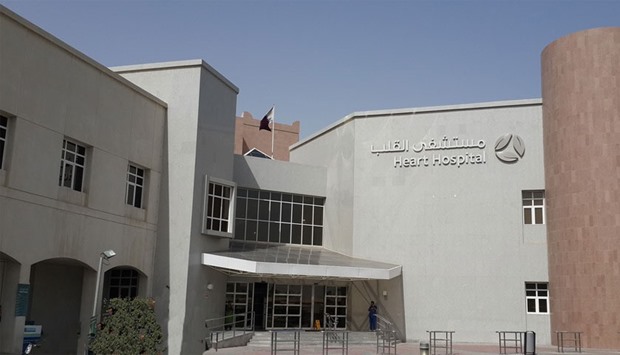Urinary tract infection (UTI) is an infection affecting part of the urinary system, including the bladder and kidneys. UTIs are among the most common types of infection reported in hospitals around the world. Catheter Associated Urinary Tract Infections (CAUTI), a type of UTI, are caused when bacteria or yeast travels along a patient’s catheter – a tube inserted into the bladder to drain the urine and causes an infection in the kidney or bladder.
“Through our investigations we saw a direct correlation between high rates of CAUTI in the unit and increased complications and length of stay for patients,” said Dr. Ashfaq Patel, director of the CICU.
‘It was clear that if we could reduce the rates of CAUTI, care outcomes for our patients would improve – patients would recover faster and be able to return home to their families sooner,” added Dr. Patel.
The CICU created a task force to address the issue and develop an action plan. One of the most important factors in reducing CAUTI is ensuring catheters are only used when absolutely necessary, as Mincy Shaji, head nurse of the CICU explained: “We established automatic stop orders for urinary catheters. This means that urinary catheters are automatically removed from patients after 48 hours unless the doctor specifies otherwise.”
“Other steps to reduce CAUTI included the use of alternative types of catheter which reduce the risk of infection and heightened focus on hand hygiene,” said Dr. Patel.
Training for existing staff and orientation programmes for new resident doctors ensured all staff were aware of the plans in place to reduce CAUTI. Additionally, nurses were recognised for their actions in initiating the early removal of catheters when appropriate.
Prof Bill McKenna, chief executive officer and medical director of the Heart Hospital highlighted the hospital’s commitment to patient centered care. “Ensuring patients receive safe, effective and compassionate care is the highest priority for everyone at Heart Hospital.”
“The way in which teams have worked to successfully reduce the rates of CAUTI highlights our commitment to providing patients with the very best care possible and is just one of a range of improvements we have made recently, including the opening of a new Advanced Heart Failure Unit and the expansion of the Emergency Department,” added Prof McKenna.

Qatar Heart Hospital
A quality and safety initiative at Hamad Medical Corporation’s Heart Hospital has successfully reduced the rate of Catheter Associated Urinary Tract Infection by more than 70% within the hospital’s Coronary Intensive Care Unit (CICU).
